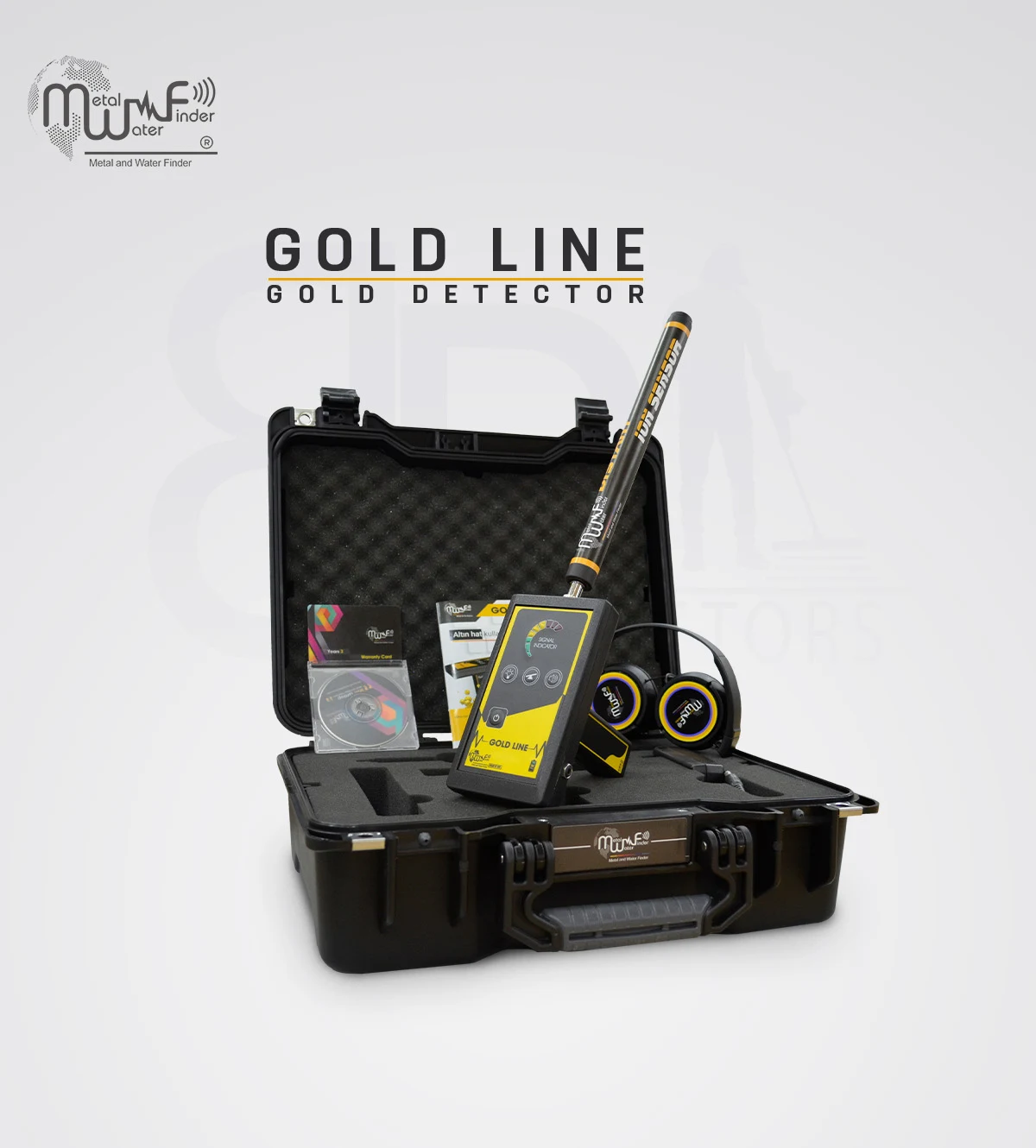Ensuring that virtual slot machines operate fairly isn’t just about trusting developers; it’s about implementing rigorous, multi-layered checks to protect players and uphold regulatory standards. In this article, I’ll walk you through the key steps involved in testing online slots—from random number generation validation to independent lab certification—drawing on my experience as an industry observer and lessons learned from real-world audits.
Understanding the Role of the RNG
Random Number Generators (RNGs) are the heart of any virtual slot. They determine outcomes by generating sequences of numbers that correspond to reel positions. But how can we be sure these numbers are truly random and unbiased?
Algorithm Validation and Statistical Testing
Before a slot goes live, its RNG algorithm undergoes extensive validation. Developers run massive simulations—often billions of spins—to analyze outcome distributions. They check metrics such as hit frequency (how often players win) and return-to-player (RTP) percentage to confirm they align with the game’s design specifications. Sophisticated statistical tests like Chi-square and Kolmogorov-Smirnov help detect any anomalies in randomness.
Continuous Monitoring in Live Environments
Even after deployment, operators continually monitor live gameplay data to catch irregular patterns. If a particular slot shows unexpected spikes in win rates or clustering of wins, it triggers an investigation. Automated monitoring tools compare daily performance metrics against historical baselines, ensuring any deviation is spotted and addressed promptly.
Independent Lab Certification
Getting third-party approval is a critical step in fairness testing. Players and regulators alike look for seals of approval from trusted testing labs.
Major Certification Bodies
Organizations such as eCOGRA, GLI (Gaming Laboratories International), and iTech Labs specialize in auditing virtual slots. They replicate the same statistical tests performed by developers but in an impartial environment. These labs validate the RNG, confirm the game’s RTP, and verify that bonus features trigger as advertised.
Reporting and Transparency
Once testing is complete, operators receive a detailed report. These reports are often summarized on casino websites or in regulatory disclosures to reassure players. In some jurisdictions, it’s mandatory for licensed operators to publish their RTP figures and certification details, boosting transparency and trust.
Regulatory Oversight and Licensing
Slot fairness doesn’t exist in a vacuum. It’s framed by robust regulatory regimes that dictate testing standards and enforce compliance.
Jurisdictional Requirements
Regulatory bodies like the UK Gambling Commission, Malta Gaming Authority, and Gibraltar Regulatory Authority set stringent rules on game testing. For instance, UK operators must submit every new slot title for independent testing before it’s rolled out. Some niche operators, including certain UK casinos not on GamStop, operate under different licensing but still adhere to comparable fairness checks to maintain credibility.
Ongoing Audits and Compliance Checks
Licenses often require periodic audits—sometimes quarterly or annually—to ensure continued compliance. Auditors review internal logs, perform random spot checks, and confirm that no unauthorized software changes have been made to the RNG or payout configurations.
Real-World Examples of Fairness Testing
To illustrate these processes, let’s look at two industry case studies.
Case Study 1: High-Volume Slot Launch
When a major studio launched its flagship slot with a 96.2% RTP, it submitted the game to GLI for certification. The lab ran 10 billion simulated spins, verifying both RTP and bonus feature probabilities. Only after GLI’s green light did the slot appear on operator platforms, accompanied by a certificate players could view.
Case Study 2: Ongoing Random Audits
A popular online casino recruits an independent firm every six months to conduct random audits of its entire slot portfolio. Auditors pull sample play logs, re-run statistical tests, and compare results with published RTPs. Any discrepancies must be resolved within 30 days or face regulatory sanctions.
Balancing Player Confidence and Operator Responsibility
Transparent Communication
Casinos build trust by clearly displaying RTP values, certification badges, and summaries of fairness reports. Many include FAQ sections explaining how RNGs work and why testing matters, empowering players with knowledge.
Technical Safeguards
Beyond statistical tests, modern platforms incorporate tamper-evident logging, cryptographic hashing, and secure server environments. These measures prevent unauthorized code modifications that could affect fairness.
Virtual slot machine testing is a collaborative endeavor involving developers, independent labs, and regulators—all united by a common goal: ensuring players have a fair chance at winning. By combining rigorous algorithm validation, third-party certification, and ongoing audits, the industry strives to maintain integrity and foster player trust.




